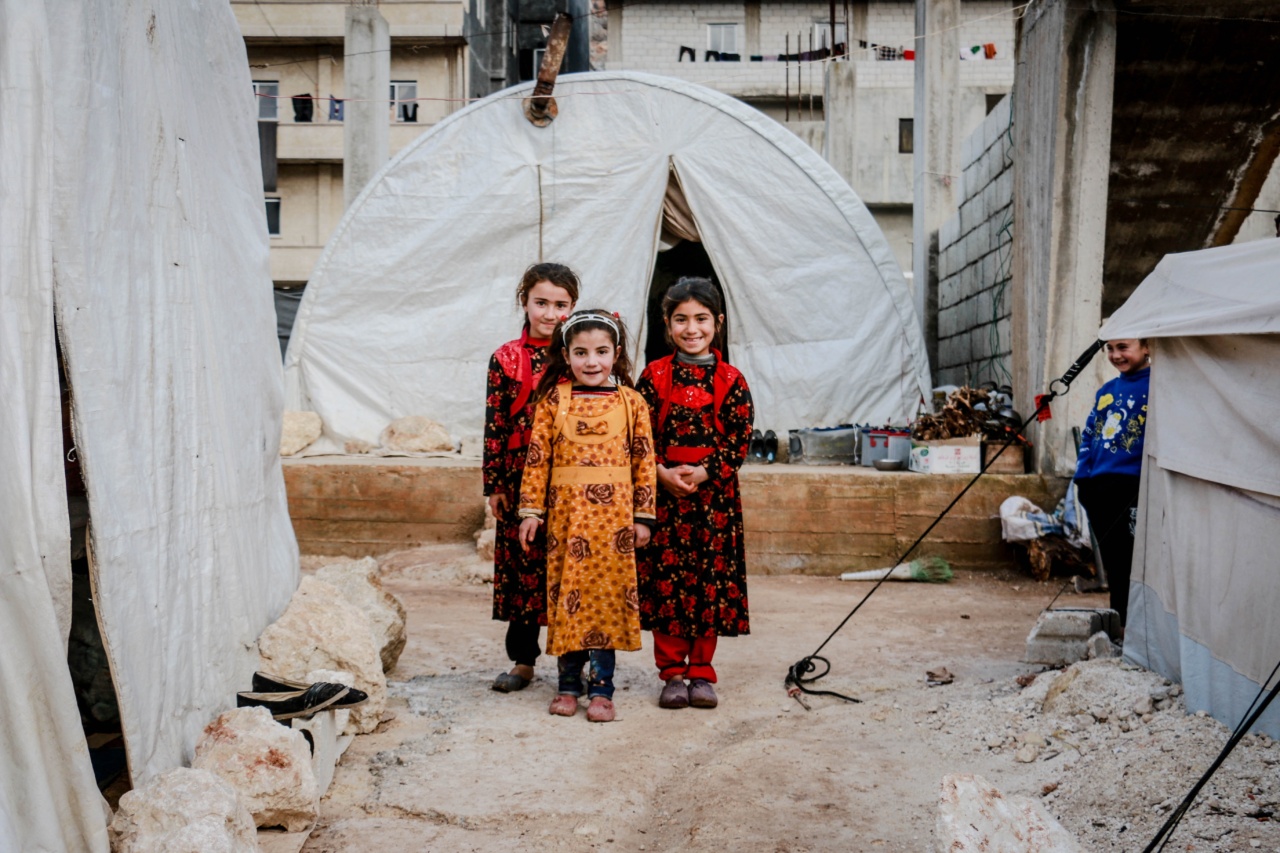When kids develop a persistent cough, parents are often concerned about their well-being. They want to ensure that their little ones receive the best treatment and start feeling better soon.
In some cases, parents may wonder if antibiotics are necessary to treat their child’s cough. However, it’s essential to understand that not all coughs require antibiotics.
This article will explore the relationship between antibiotics and coughing kids, providing you with the information you need to make informed decisions about your child’s health.
Understanding Coughs in Children
Coughs are a common symptom in children, especially during colder months or when they are surrounded by other sick kids. Coughing is the body’s natural way of clearing the airways from irritants, mucus, or foreign particles.
However, it can also be a sign of an underlying condition. It’s important to recognize the different types of coughs that exist:.
1. Acute Cough
An acute cough comes on suddenly and typically lasts for less than three weeks. This type of cough is commonly caused by viral infections, such as the common cold or flu.
Antibiotics are not effective against viruses, so they will not help alleviate symptoms caused by an acute cough.
2. Subacute Cough
A subacute cough lasts between three and eight weeks. It is usually associated with a post-infection phase or a prolonged irritation of the airways.
Antibiotics may be necessary if there is a secondary bacterial infection present, but it’s important to consult a healthcare professional before initiating antibiotic treatment.
3. Chronic Cough
A chronic cough persists for longer than eight weeks and requires careful evaluation by a pediatrician.
While antibiotics may be prescribed if an underlying bacterial infection is identified, other factors like allergies, asthma, or gastroesophageal reflux should also be considered.
Knowing When Antibiotics Are Needed
Now that we have explored the different types of coughs, it’s crucial to understand when antibiotics are warranted for a coughing child:.
1. Bacterial Infections
If a bacterial infection, such as strep throat or whooping cough (pertussis), is the cause of your child’s cough, antibiotics may be necessary.
It’s essential to consult a healthcare professional for an accurate diagnosis and appropriate treatment.
2. Pneumonia
Pneumonia is a severe infection of the lungs that can cause a persistent cough along with other symptoms such as fever, chest pain, and difficulty breathing.
Antibiotics are commonly prescribed to treat bacterial pneumonia, but viral pneumonia requires supportive measures as antibiotics are ineffective against viruses.
3. Sinusitis
When a child has a cough along with symptoms like facial pain, nasal congestion, and thick nasal discharge, sinusitis may be the underlying cause.
Sinusitis can be bacterial or viral, but bacterial sinusitis may benefit from antibiotic treatment after consultation with a healthcare professional.
The Dangers of Overusing Antibiotics
While antibiotics can be life-saving in the appropriate situations, their overuse can lead to the development of antibiotic-resistant bacteria. Over time, this can make bacterial infections more difficult to treat and potentially life-threatening.
It’s crucial to use antibiotics judiciously and only when they are truly needed.
Seeking Professional Advice
If your child has a persistent cough, it’s essential to consult a healthcare professional for an accurate diagnosis and appropriate treatment plan.
They will evaluate the severity of the cough, consider the associated symptoms, and determine if antibiotics are necessary. It is inadvisable to self-diagnose or self-medicate your child without professional guidance.
Preventing Coughs in Kids
Prevention is always better than cure. While it’s not possible to eliminate coughs entirely, there are steps you can take to reduce the risk of your child developing a cough:.
1. Good Hygiene Practices
Encourage your child to wash their hands frequently with soap and water, especially after using the restroom, before meals, and after being in public places. Good hand hygiene reduces the transmission of viruses and bacteria.
2. Vaccination
Ensure your child receives all the recommended childhood vaccinations. Vaccines help protect against various diseases, including those that can cause severe coughing episodes.
3. Avoid Exposure
Limit your child’s exposure to individuals who are sick with respiratory infections, especially when viral illnesses are widespread.
Avoid crowded places during flu season and encourage proper respiratory etiquette like covering their mouth and nose when coughing or sneezing.
Conclusion
A persistent cough in children can be distressing for both the child and their parents.
While antibiotics may be necessary in some cases, it’s crucial to consult with a healthcare professional to determine the underlying cause and appropriate treatment. Understanding when antibiotics are beneficial and when they are not can help prevent the misuse and overuse of these medications, reducing the risk of antibiotic resistance.
By following good hygiene practices and taking preventive measures, you can significantly reduce the occurrence of coughs in your child.





























